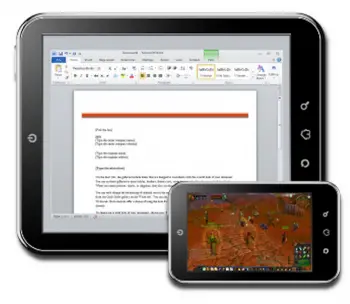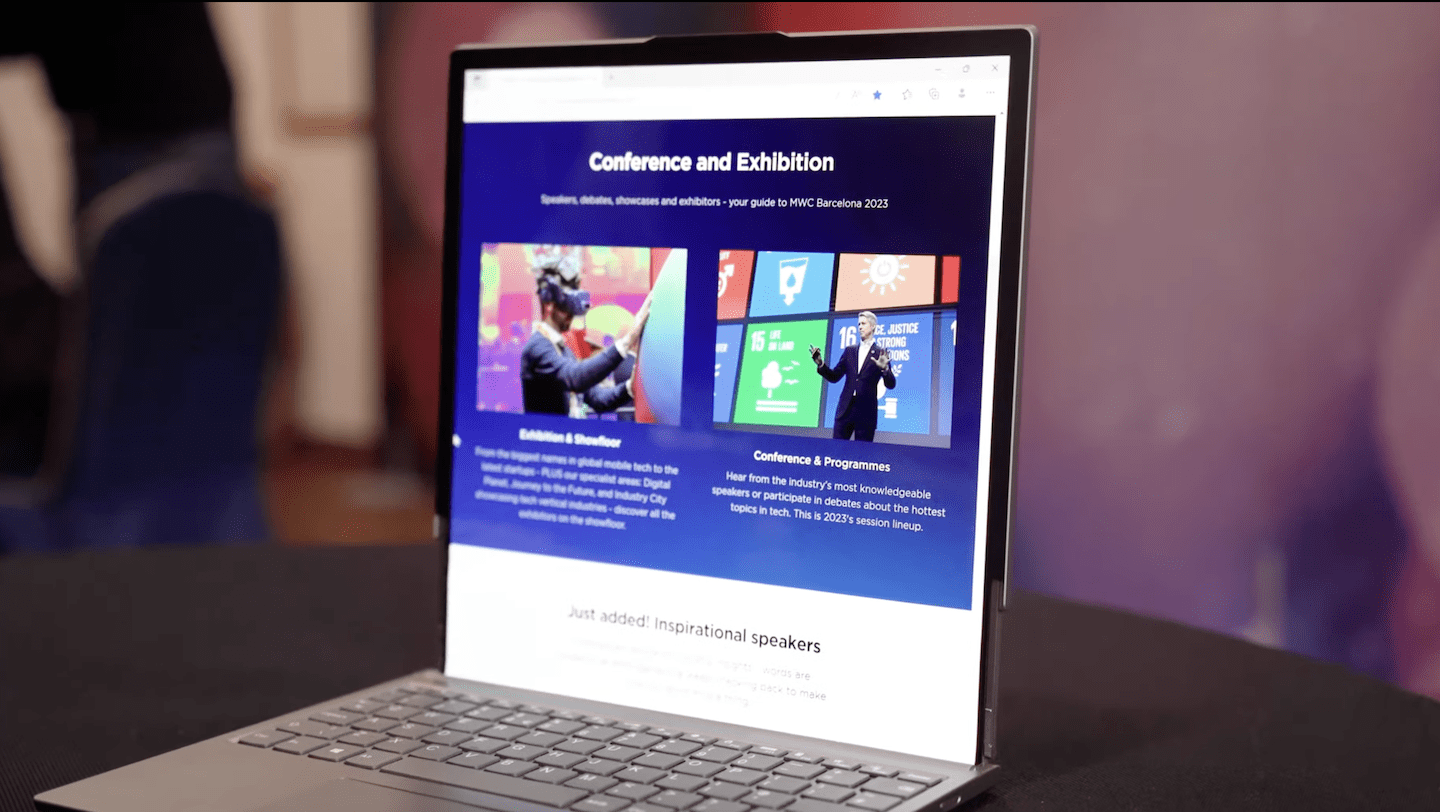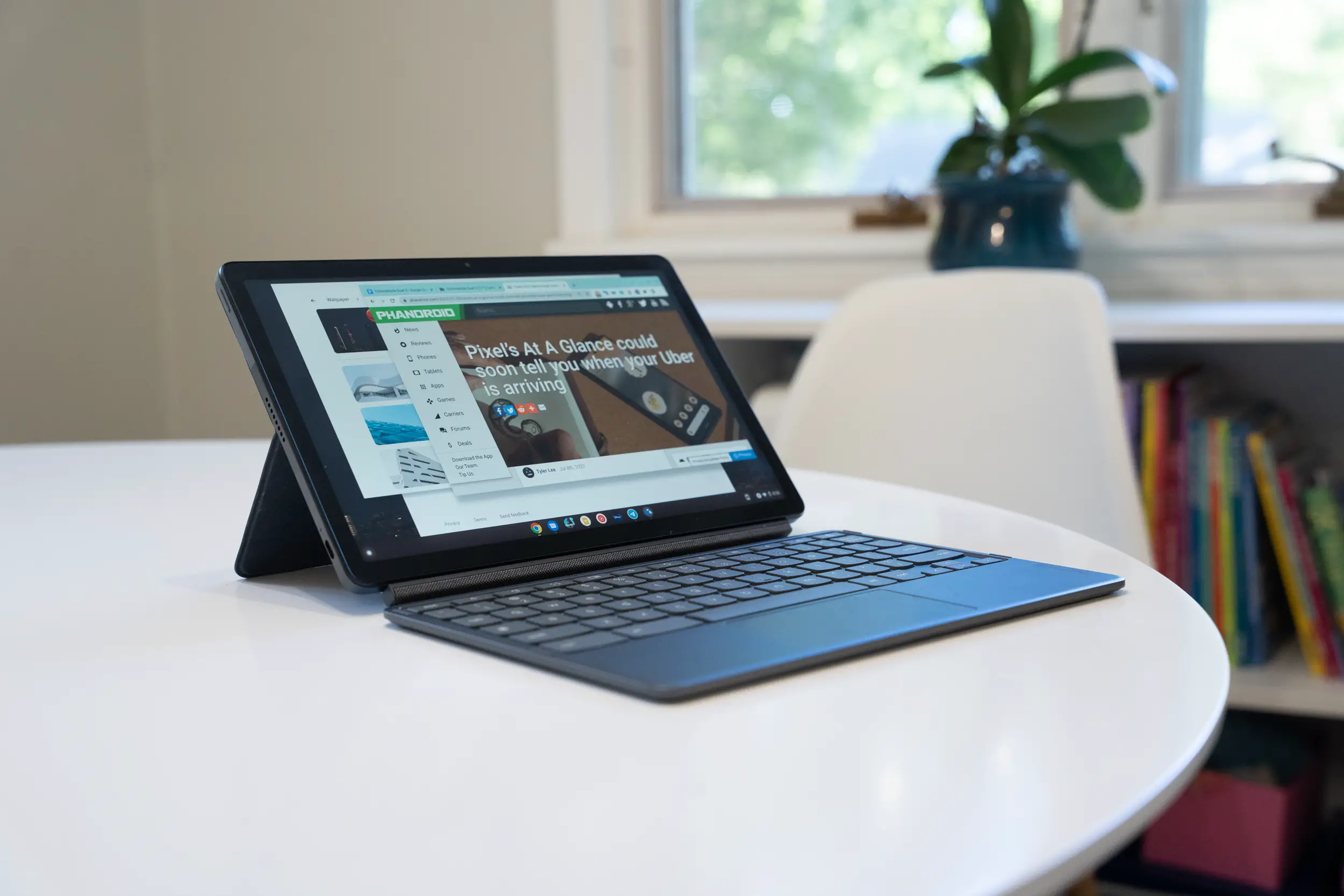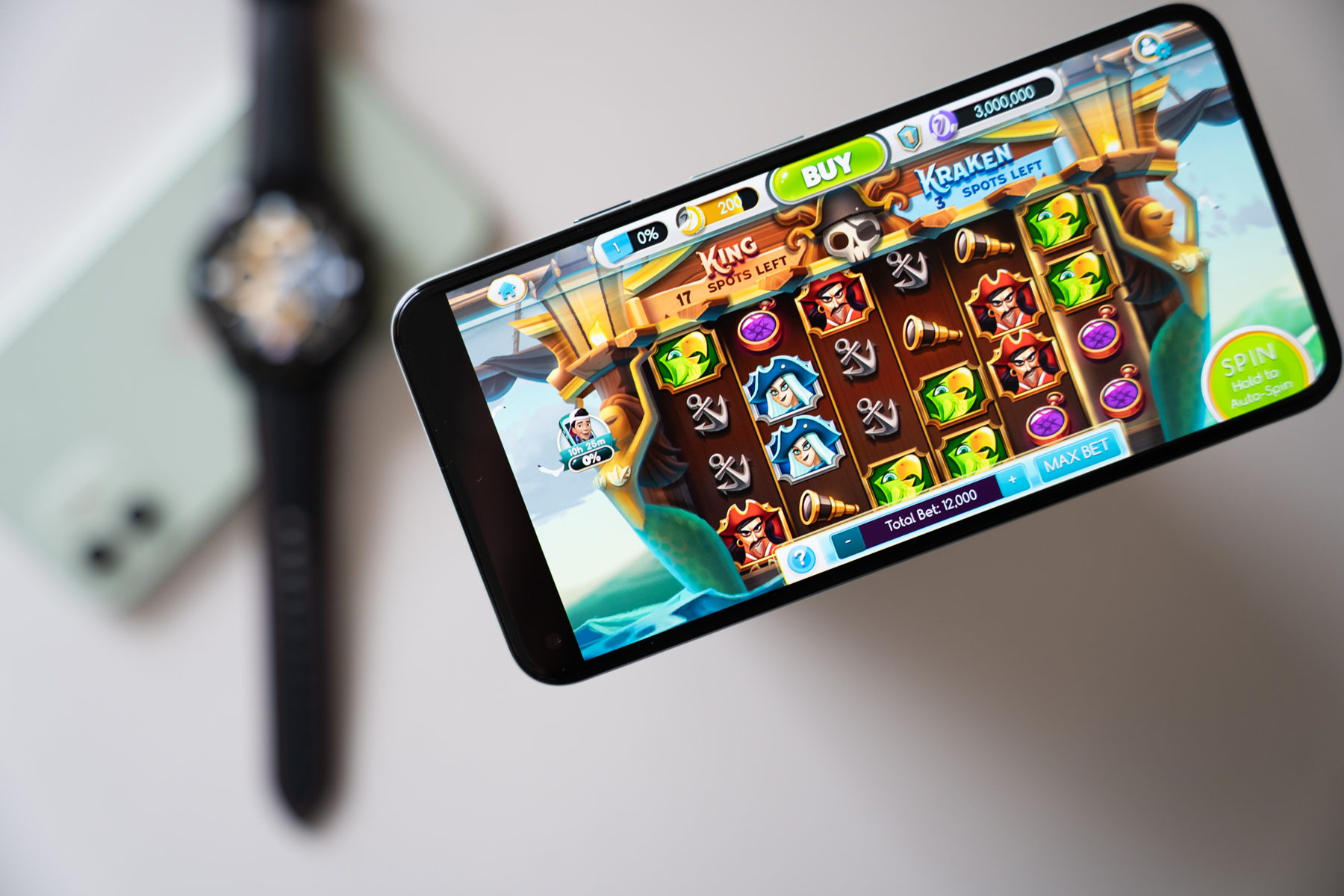Ever wanted to run Windows apps on your Android device? If so, that may soon be less of a wish and more of a reality: CrossOver and WINE are coming by the end of the year. These runtime projects make it possible to emulate (or recreate) environments where Windows apps can run. This is often used by Linux users who can’t find a Linux-equivalent of a must-have Windows app.
It sounds great, but there is a big restriction that may keep a lot of people from taking advantage: it will only work for x86 or x64 chipsets. As you know, the only chipsets on the market with that architect are made by AMD and Intel. The former doesn’t have much footing in the mobile space right now, and Intel is only just now getting started with major OEMs like ASUS.
The majority of smartphones and tablets made today use ARM-based architecture, so it would be impossible to run x86 binary code natively. The closest you’d get is through a virtual machine app, but that’s not nearly as clean as something like CrossOver or WINE, which uses a compatibility layer to process API calls and run native code.
CrossOver and WINE eliminate much of the overhead that a virtual machine would need to emulate these apps, and makes it so the app runs in native fashion on your device. You can read more about WINE — the legendary project responsible for things like Crossover — right here.
One other hurdle to consider is usability — most Windows apps aren’t built for touch, though that is quickly changing with Windows 10. It’s likely that the best user experience will be had in cases where you can use an external mouse and keyboard. That said, if you’re so against using Windows apps on an actual Windows machine we imagine you’ll already have these things to make your Android computing experience more pleasurable.
So there’s just one final question: would this be enough to make you consider getting an Intel phone or tablet in the near future? The ASUS ZenFone 2 with Intel’s Atom Z3580 chipset (a 64-bit 2.3GHz quad-core setup) seems to work just as well as anything else on the market, but we wouldn’t blame you if you find it hard to consider leaving the comfortable embraces of Qualcomm, NVIDIA, Samsung and the like. Sign up to be notified of CrossOver for Android’s arrival right here, and let us hear your thoughts in the comments ahead!












Comments